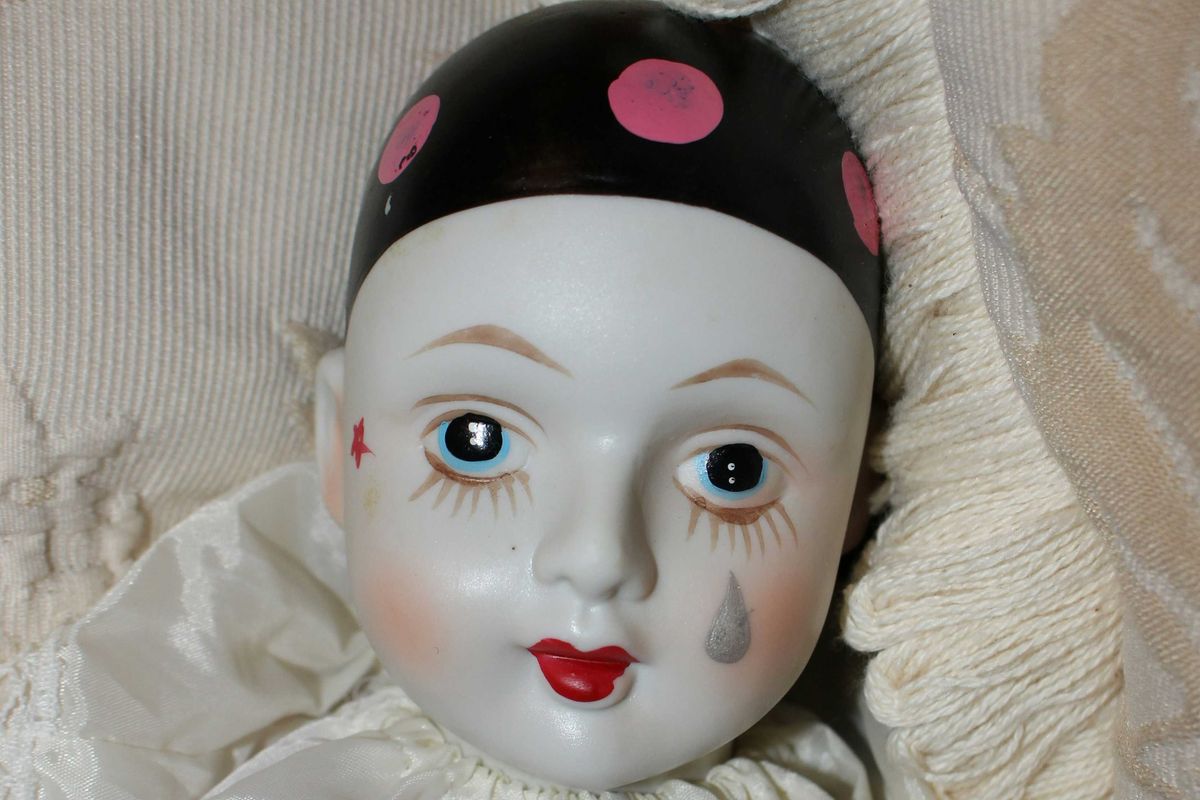Jon Stewart reveals the backlash he received about defending the COVID lab leak theory
We need to be able to have tough conversations.

Jon Stewart applauding at the 2016 Department of Defense Warrior Games.
The debate over the origins of the COVID-19 virus has overwhelmingly come down partisan lines. Democrats tend to believe it came out of a wet market in Wuhan, China. Republicans tend to support the theory that it came from a leak at the Wuhan Institute of Virology.
It’s easy to see why partisans have come down on different sides of the divide. Conservative media tends to demonize China and position it as an enemy of the United States. In contrast, liberals are more sensitive to race issues and don’t want to demonize Chinese people. This concern was played out in real time after there was a rise in hate crimes against Asian Americans at the peak of the COVID-19 pandemic.
But shouldn’t people choose to believe how the virus originated based on facts instead of blindly supporting their political tribe? Especially when discussing a deadly disease that has killed nearly 7 million people?
Jon Stewart thinks so.
In 2021, he caused a big stir when he broke ranks with many liberals by endorsing the lab leak hypothesis on ‘Late Show with Stephen Colbert.”
"Science has, in many ways, helped ease the suffering of this pandemic…which was more than likely caused by science," he said to nervous laughter.
Colbert added there was "a chance" the virus leaked out of the lab.
"A chance? Oh my god!" Stewart replied. "There's a novel respiratory coronavirus overtaking Wuhan, China. What do we do? Oh, you know who we could ask? The Wuhan novel respiratory coronavirus lab.”
"The disease is the same name as the lab! That's just a little too weird, don't you think?" he continued.
Stewart then put his theory in perspective.
"There's been an outbreak of chocolatey goodness near Hershey, Pennsylvania—what do you think happened?" he said. "Oh, I don't know, maybe a steam shovel mated with a cocoa bean…or it's the f**ing chocolate factory. Maybe that's it!"
The idea is gaining traction two years after Stewart's admission. On Tuesday, February 28, FBI Director Christopher Wray publicly acknowledged that the Bureau considers the lab leak theory the likeliest cause of the COVID-19 pandemic. The Department of Energy has also endorsed the idea saying it has “low confidence” that COVID-19 “most likely arose” from a lab leak.
However, none of the other U.S. agencies have changed their assessment that natural origin is more likely, so the intelligence community sits divided, with no definitive proof either way.
Stewart addressed the controversy on the latest episode of his Apple+ TV show, “The Problem with Jon Stewart.” When it was brought up on the show’s accompanying podcast, he shared how the debate shows an inability for people to discuss complex topics in today’s political climate.
WARNING: Strong language.
“The larger problem with all of this is the inability to discuss things that are within the realm of possibility without falling into absolutes and litmus-testing each other for our political allegiances as it arose from that,” Stewart added.
“My bigger problem with that was, I thought it was a pretty good bit that expressed kind of how I felt, and the two things that came out of it were, I’m racist against Asian people, and how dare I align myself with the alt-right," he added.
Stewart said the backlash he received from people on the left was “swift, immediate and quite loud.”
“The part that I don’t like about it is the absolutes and the dismissive like ‘f**k you, I’m done with you. I will never forgive you, you have crossed an unforgivable line. You’ve expressed an opinion that is antithetical to mine, or not mine,’” Stewart continued.
“What was stunning to me, I think, was the anger,” he added.
There are numerous lessons we can learn from the COVID-19 era if we decide to look at the hard facts. One of the most important has to be our ability to think critically about important issues, whether that’s the origins of the virus or the facts about masks and vaccinations. During the pandemic, these were life-and-death tests and sadly, far too many people put their politics before the facts and paid dearly for it.
We need to know how the virus emerged, no matter how uncomfortable it makes people, so that we can prevent it from happening again.
- In his classic style, Jon Stewart calls out the Defense Department for ignoring its own evidence ›
- Jon Stewart just conducted an unforgettable interview with lawmaker peddling election lies ›
- Jon Stewart returns to late-night TV to explain why the Wuhan lab-leak theory isn't so crazy ›
- Jon Stewart mourns the loss of his dog on 'The Daily Show' - Upworthy ›



 Each of those arms has its own brain?
Each of those arms has its own brain?
 Homemade granola bars with chocolate chips – perfect for a delicious snack!
Homemade granola bars with chocolate chips – perfect for a delicious snack! Refresh with a healthy green juice boost.
Refresh with a healthy green juice boost. Making fresh orange juice in the kitchen. 🍊
Making fresh orange juice in the kitchen. 🍊 Be careful with supplements.
Be careful with supplements.
 A
A 
 A white porcelain doll with a tear stain. Photo by
A white porcelain doll with a tear stain. Photo by 